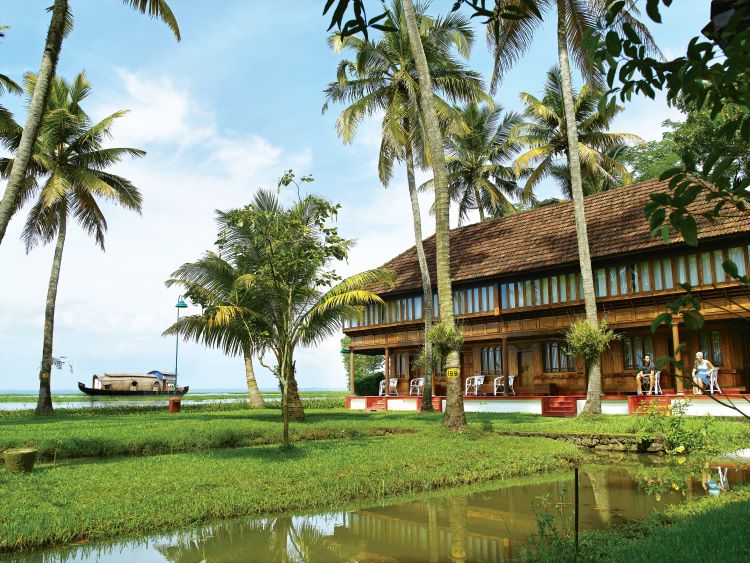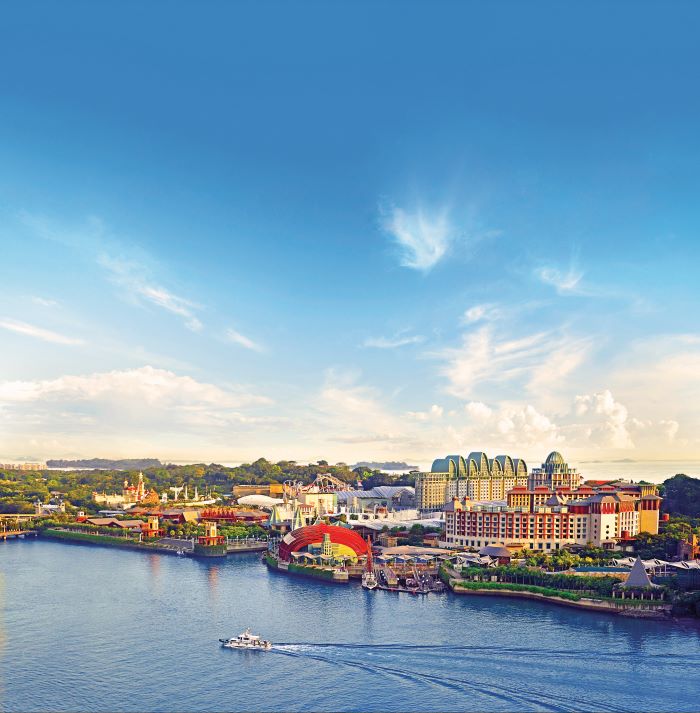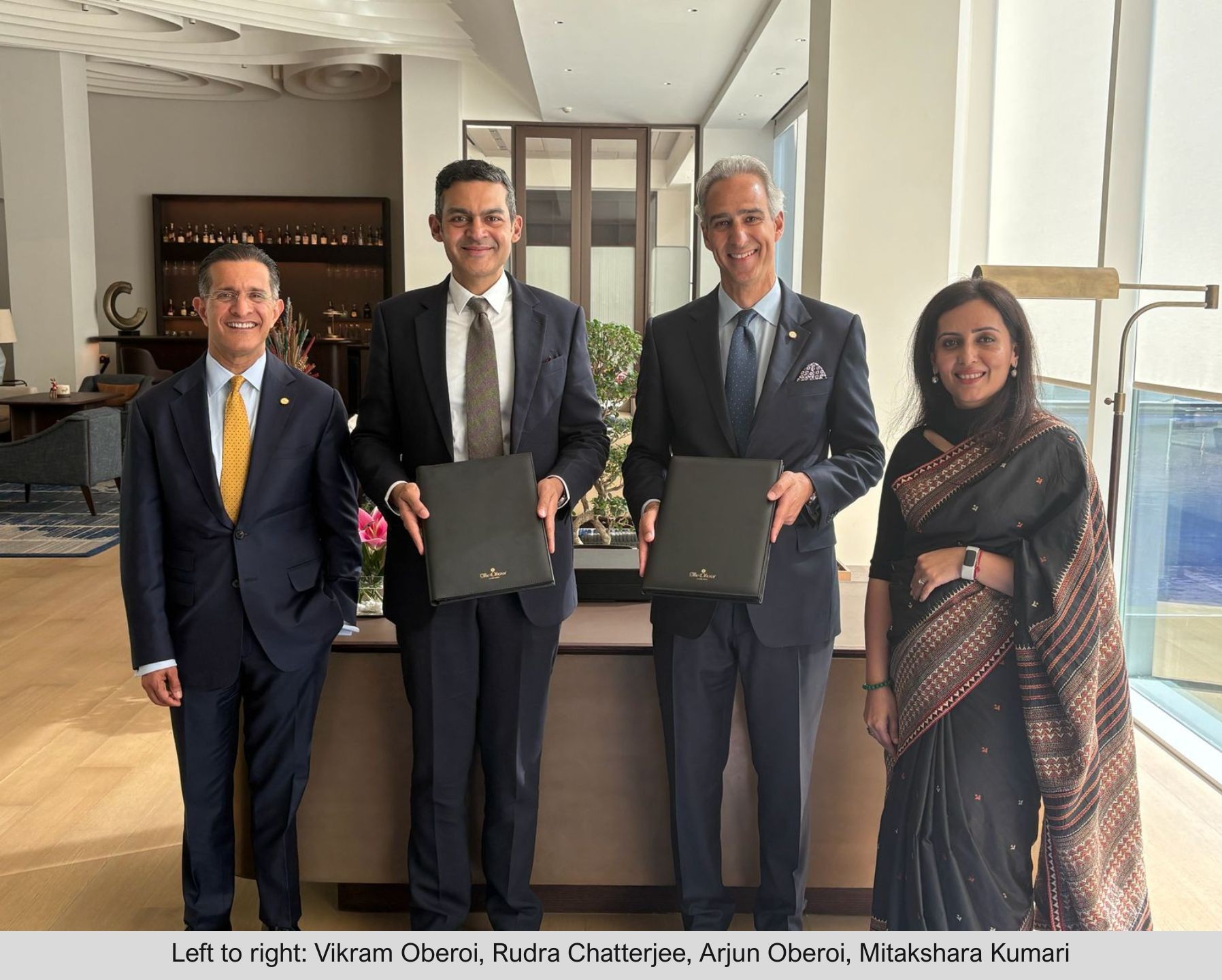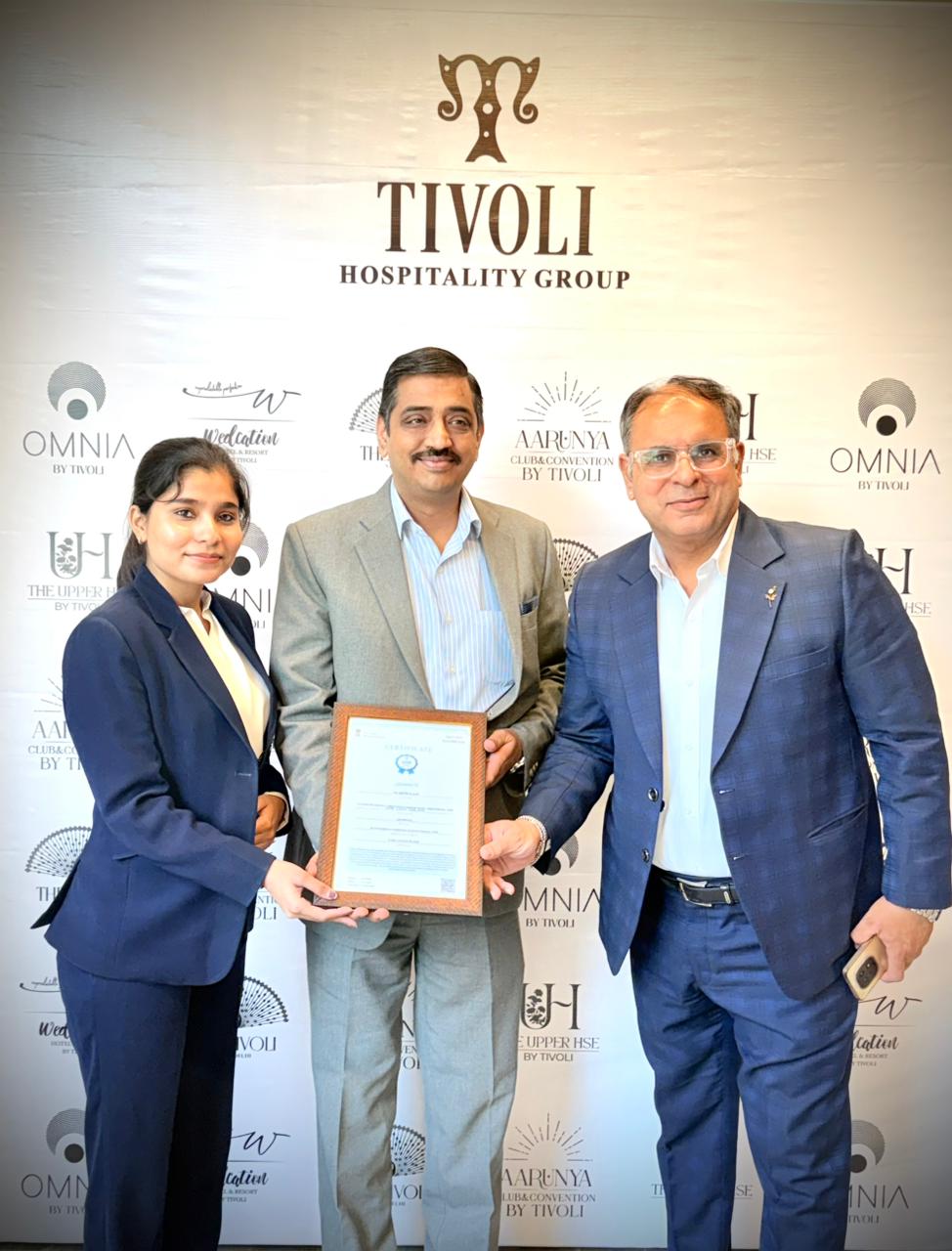Tourism entrepreneur Jose Dominic shares insights into a career that evolved from chartered accountancy to becoming a trailblazer in responsible tourism
Lipla Negi
Q: Give us a brief account of your journey in hospitality, highlighting special achievements?
A: I started out as Chartered Accountant and worked with Ferguson and Company in Mumbai. I joined my father’s hotel, Casino Hotel, in 1978 and worked on building the organization. In 1987, the Indian government decided to privatize the Bangaram Island in Lakshadweep. Despite competition from major players, Casino Hotel received an invitation to bid. I proposed a unique model emphasising the natural beauty of the island, offering non-luxurious accommodations. While the bid was not awarded, it laid the foundation for a new approach to hospitality. Following the Lakshadweep venture, I introduced disruptive models such as Spice Village, Coconut Lagoon, and Marari Beach. These properties embraced local architecture, culture and minimal environmental impact. I ensured the success of these models, challenging traditional pricing norms. The name of the group changed from Casino Group of Hotels to CGH Earth to reflect its values, becoming the Mother Earth. It emphasised a shift towards responsible tourism, catering to the alert independent traveller. The group expanded to 21 properties across peninsular India, maintaining its commitment to responsible and experiential hospitality.
Q: What steps would you recommend for long-term benefits to the state and increased tourist arrivals?
A: The success of Kerala tourism model is attributed to factors such as the state’s focus on human development, including education, health, and social equality. The 1957 Assembly polls brought in the first Communist government through democratic means, leading to land reforms. Kerala’s high Human Development Index became a crucial factor in attracting tourists seeking responsible and community-centric experiences. The state’s ability to support small local entrepreneurs in creating world-class offerings played a pivotal role in establishing its tourism dominance.
Kerala’s partnership between private entrepreneurs and the state resulted in branding the state as ‘God’s Own Country’. This branding, along with the state’s commitment to responsible tourism, had a profound impact on both the supply and demand sides of the industry. Tourism became a major contributor to Kerala’s economy, constituting a significant percentage of its GDP and serving as a primary employment generator. The success story, however, faces challenges such as waste management, highlighting the need for sustainable practices to maintain Kerala’s status as a top tourist destination.
Q: Do you believe the hospitality industry is genuinely committed to embracing sustainable practices in real-time?
A: Sustainability needs to be integrated into tourism. It goes beyond cleanliness and green initiatives. Local communities should be actively involved in creating a tourism product that reflects their culture. The expression of local ideas and empowerment of communities through tourism are considered essential for a sustainable model. The challenges faced by India in maintaining sustainable tourism, include waste management, inadequate social infrastructure, and climate change. There is a necessity of building public transportation systems and managing tourist destinations’ carrying capacity to ensure their longevity and attractiveness. There is a need for a shift in the mindset, from individual vehicle use to public transportation.
Q: What are your thoughts on ‘Over Tourism’. What key challenges do you see in mitigating its negative impacts?
A: The real problem lies in undermanagement. Proper management, including infrastructure development and technology utilization, can expand a destination’s carrying capacity and enhance the overall tourism experience. Preservation of the environment and local culture is also important. To preserve destinations and jobs, technology must be used to amend regulations and protect the environment.
In India, the biggest challenge is creating enough jobs and livelihoods. Tourism can help create jobs in far corners of the country, supporting local economies and preserving the environment. However, the current model of tourism must be radically shifted to focus on creating local livelihoods and supporting local economies. By promoting public transportation, preserving natural landscapes, and supporting local economies, tourism can contribute to job creation, economic development, and the preservation of indigenous cultures.
Q: Could you provide insights into your new venture, AB Salem House, a project steeped in history?
A: We are planning to reopen our hotel and cafe in two months. We are also focussing on re-opening old houses, which will be converted into luxury boutique properties. We will be offering a luxury buying price but concentrating on authenticity and providing a unique experience.
Q: Is there a noticeable demand for luxury boutique properties?
A: The demand for travel and tourism is increasing, with both international and domestic travellers seeking experiences and healthy eating habits. Travel is now viewed as a journey of learning and embracing the new world of learning. This paradigm shift is influenced by the current crisis of climate change, which calls for a more sustainable lifestyle. The public areas are increasingly using sustainable practices, such as Patch Coconut Patch, which avoids air conditioning, providing a sense of identity and comfort. This seismic shift is also a result of the need for a circular economy, where traditional skills are shared and resources are used more efficiently. This move is crucial for a more sustainable and prosperous future.
Quote 1: I introduced disruptive models such as Spice Village and Marari Beach. These properties embraced local architecture and culture.” – Jose Dominic, farmer & tourism entrepreneur
Quote 2: Demand for travel & tourism is increasing, with both international and domestic travellers seeking experiences as well as healthy eating habits.”










